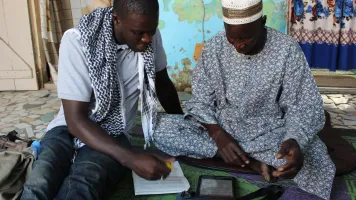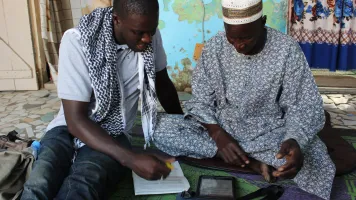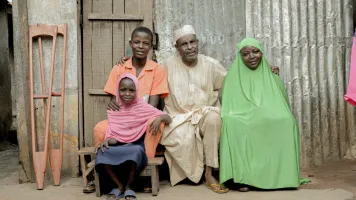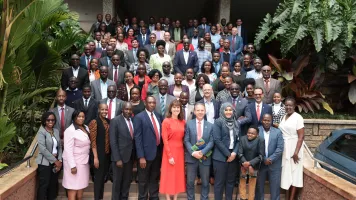
Inclusive data
We want to see marginalized groups have more agency in the data value chain, and that governments and organizations ensure no one is left behind.
Filter by:


Digital rights through a feminist lens, with Restless Development

UN Datathon 2023: Building new tools for local sustainable development

Unlocking the power of data: The Global Partnership's highlights from 2023

Advancing sustainable development together: Senegal's Inclusive Data Charter Action Plan

Faire progresser ensemble le développement durable : Plan d'action pour la Charte des données inclusives du Sénégal

Reducing gender inequalities using data: Fundacion WWB Colombia launches IDC Action Plan

How the inclusive data landscape has evolved: Key insights & learnings from the Inclusive Data Charter

Localizing inclusive data: Lessons from Sightsavers' work in Cameroon

The power of data in action

Unveiling the power of inclusive and accountable data processes at the 2023 Festival de Datos
